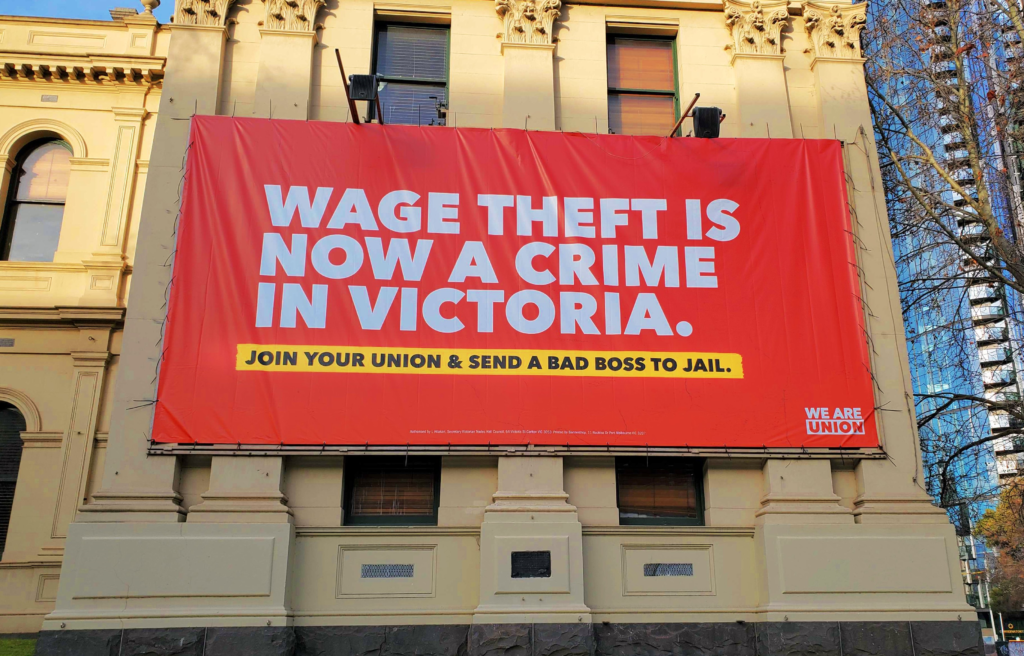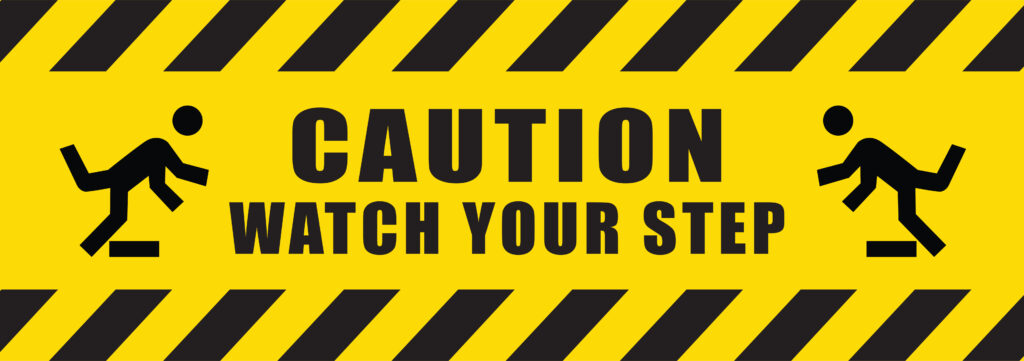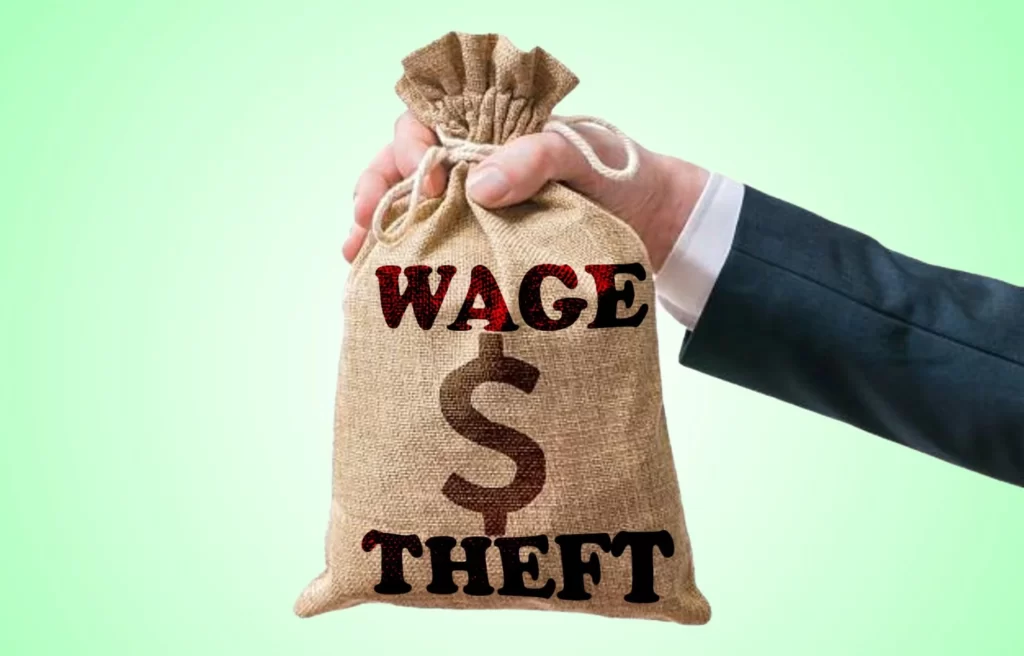
Have you heard of wage theft? It’s when you, as an employee, aren’t paid the right pay or allowances that you’re entitled to. Sometimes your employer makes a mistake, but often it’s a deliberate attempt to steal money that you’ve earned. Unfortunately, it happens a lot, which is why you need to know about it.
Here we explain what you can do about wage theft in Australia so you can look out for it and get your money back.
Is wage theft a crime in Australia?
If you took $50 out of the till at your work, you’d be charged with theft, right? So why is it any different if your employer deliberately takes $50 out of your pay each week? It shouldn’t be.
New national wage theft laws to criminalise wage theft are almost here (they just passed through Federal Parliament!) and follow similar laws in Victoria and Queeensland. But until these new national laws come into force in January 2025, many employers will still find it profitable to keep stealing our wages, says UWU Industrial Officer Liam McDonald. That’s why it’s important to know your rights and be on your guard.
How can you spot wage theft?
There are several red flags that can indicate wage theft, explains Liam.
Red flag 1: You’re not getting payslips
Everyone should get payslips under the Fair Work Act, so if you’re employed and not getting payslips, that’s a major red flag.
“If one part of the law is not being complied with, it’s pretty likely that they’re not complying with other parts too,” Liam said.
Red flag 2: Your rate of pay changes
If your rate of pay changes and you can’t tell why, it could indicate wage theft. There are basic things you should have on your payslip like your pay and how many hours you’ve worked.
“Things like penalties are often the first thing to be stolen from your wage. If your penalty rate is changing for the same type of shift, you’re probably not getting paid correctly,” Liam said.
Red flag 3: The numbers don’t add up
Check your payslip and make sure the numbers are accurate. Your payslip should say how much you earned, how much tax is taken out and what is going into your super account.
“Is that the amount actually going into your bank account? Is your superannuation being paid by your employer? You should check all those things,” Liam said.
Red flag 4: Your pay goes up but your super doesn’t
For award wages, your rate of pay is usually increased by the Fair Work Commission each year. The increase should be in the first full pay packet after 1st July.
“If your rate of pay goes up, so does your base rate. That means your penalty rate and superannuation also have to increase,” Liam explained.
Pro-tip: Don’t rely on what your payslip says – check your bank account too. And for super, log into your super account every few months to make sure you’ve actually been paid.
Red flag 5: You mention a pay issue to your boss and they don’t fix it right away
You notice an issue with your pay and mention it to your boss. If it was a genuine mistake, they will fix it immediately. The ones who don’t are usually trying to steal your wages.
“The awards now contain entire schedules, where it says ‘if a person works between these hours, this is the rate of pay’. They publish pay guides for every position and casual position and every potential penalty and expenses,” Liam said.
It shouldn’t be that hard to get it right.
Who do you report wage theft to?
First, you need to be in a union. Unions like UWU have people like Liam who are experts in this space, who can advise you what your rights are. We can talk you through your issue, help you understand if there is definitely wage theft going on and talk about the next steps.
Second, keep all your records. If you have payslips, keep them. If not, keep your rosters or download an app that records your hours of work.
If we’ve worked out that you’ve got a case, there are several avenues you can take. Usually, we help members win back stolen wages via the small claims jurisdiction or, for a larger matter, it’ll go to court.
What if you’re worried about keeping your job?
We get it. It’s difficult to pursue wage theft if you’re worried about keeping your job.
“Many people who are underpaid are casual. In industries like hospitality, if you raise a pay issue, they may fix it, but then you might start getting fewer shifts,” Liam explained.
If you file a claim, you can claim for up to 6 years of underpayment. But if you’re being underpaid now, don’t wait for 5 years to make a claim. Talk to your union right now.
“What it doesn’t mean is that you should wait five years to contact the union when you knew you were underpaid five years ago. It’s possible to recover stolen wages from that long ago, but it can be quite hard when you don’t have the right records or don’t remember accurately.
“If you’re being underpaid now, get in touch with us, even if you don’t want to do anything right now. We can help you work out what records you need to keep so you can claim in the future,” Liam said.
So, can wage theft be your Christmas bonus?
You’ve looked through your payslips and think your employer has a case to answer. Can your stolen money help you get through the Christmas bills?
According to Liam, probably not. Recovering wage theft is not a speedy process.
“People need to understand that these matters don’t get solved quickly. Often people wait until it becomes urgent, then try to escalate the issue to get money in the bank. Even with a union who deals with this every day, it takes time,” Liam warned.
Even if it’s not fast, it’s still worth pursuing. Australians lose an estimated $1bn each year from wage theft. We deserve to be paid the right wage.
Think you could be a victim of wage theft? Join UWU now to get expert advice and support with future claims.




